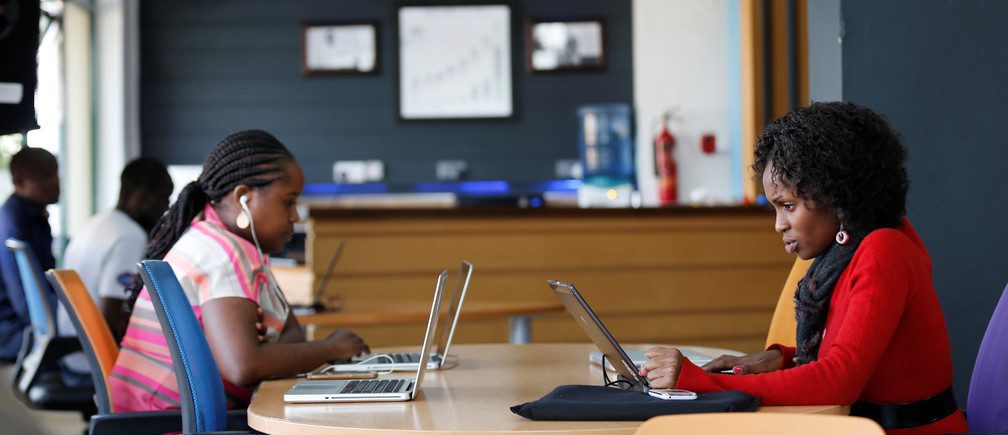Application Deadline: April 17th 2017
The search is on for the World Economic Forum’s top leading female tech innovators in Africa, who will be invited to share their experiences and engage with leaders at the Forum’s regional meeting this spring.
The WEF contest is open to any female entrepreneur whose business is less than three years old, uses innovative technology or business models, and has at least one year of revenue generation. The business must also be able to demonstrate social and economic potential. If this describes you, or if you’d like to nominate someone you know, you can do so here by Monday, April 17.
This is the second year we’ve run the competition. Last year’s winners were inspiring women working on everything from solar-powered vending carts to paperless health insurance.
This year’s World Economic Forum on Africa takes place 3-5 May in Durban, South Africa, under the theme Achieving Inclusive Growth. The meeting will convene regional and global leaders from business, government and civil society to explore solutions to create economic opportunities for all. It will provide insight from leading experts on how Africa will be affected by the onset of the Fourth Industrial Revolution, particularly in terms of safeguarding the region’s economies from negative disruption and exploiting opportunities for further growth and development.
Benefits
- The top five entrepreneurs selected by the Forum’s judging panel will be invited to participate in the World Economic Forum on Africa on 3-5 May in Durban, South Africa
Here’s a look back at the entrepreneurs of 2016:
Natalie Bitature, Musana Carts, Kampala, Uganda: Musana Carts has used frugal innovation to develop environmentally friendly, solar-powered vending carts. With a price point of $400, each Musana Cart saves 3,000 tons of carbon emissions and improves the health of cities by eliminating pollution from charcoal and kerosene stoves.
Audrey Cheng, Moringa School, Nairobi, Kenya: Audrey Cheng established Moringa School to enable a whole generation to gain the skills they need to compete in the digital economy. Two years on, graduates work in the top tech companies in the region, earning on average 350% more than before they completed the coursework.
Lilian Makoi Rabi, bimaAFYA, Tanzania: bimaAFYA offers mobile micro-health insurance for the low income and informal sector, enabling healthcare services by drastically reducing costs with its completely mobile, paperless solution. bimaAFYA plans to expand to Kenya, Uganda, Rwanda, Nigeria and Ghana in 2017.
Nneile Nkholise, iMED Tech Group, Bloemfontein, South Africa: iMED Tech Group uses additive manufacturing to design breast and facial prostheses for cancer and burn victims. The company only employs African women under the age of 30 with research backgrounds in mechanical engineering.
Larissa Uwase, CARL GROUP, Kigali, Rwanda: CARL GROUP is improving the health of the nation by innovating new food products from a staple crop, the sweet potato. An agronomist by training, Larissa Uwase’s latest innovation, in partnership with the University of Rwanda, is to make spaghetti from the vegetable.
Apply/Nominate Someone for the WEF search for Africa’s top female entrepreneurs & Innovators.
For More Information:

